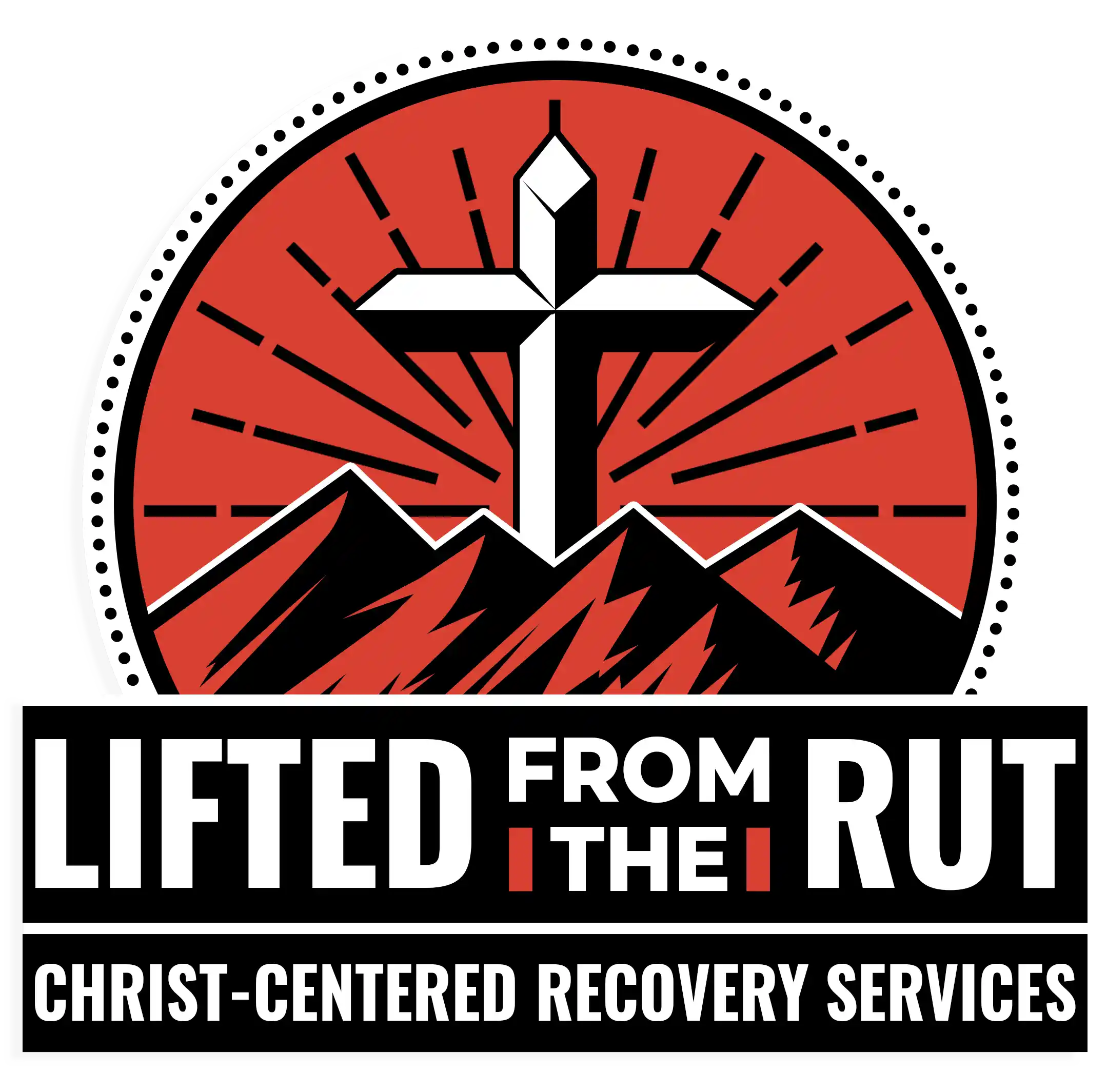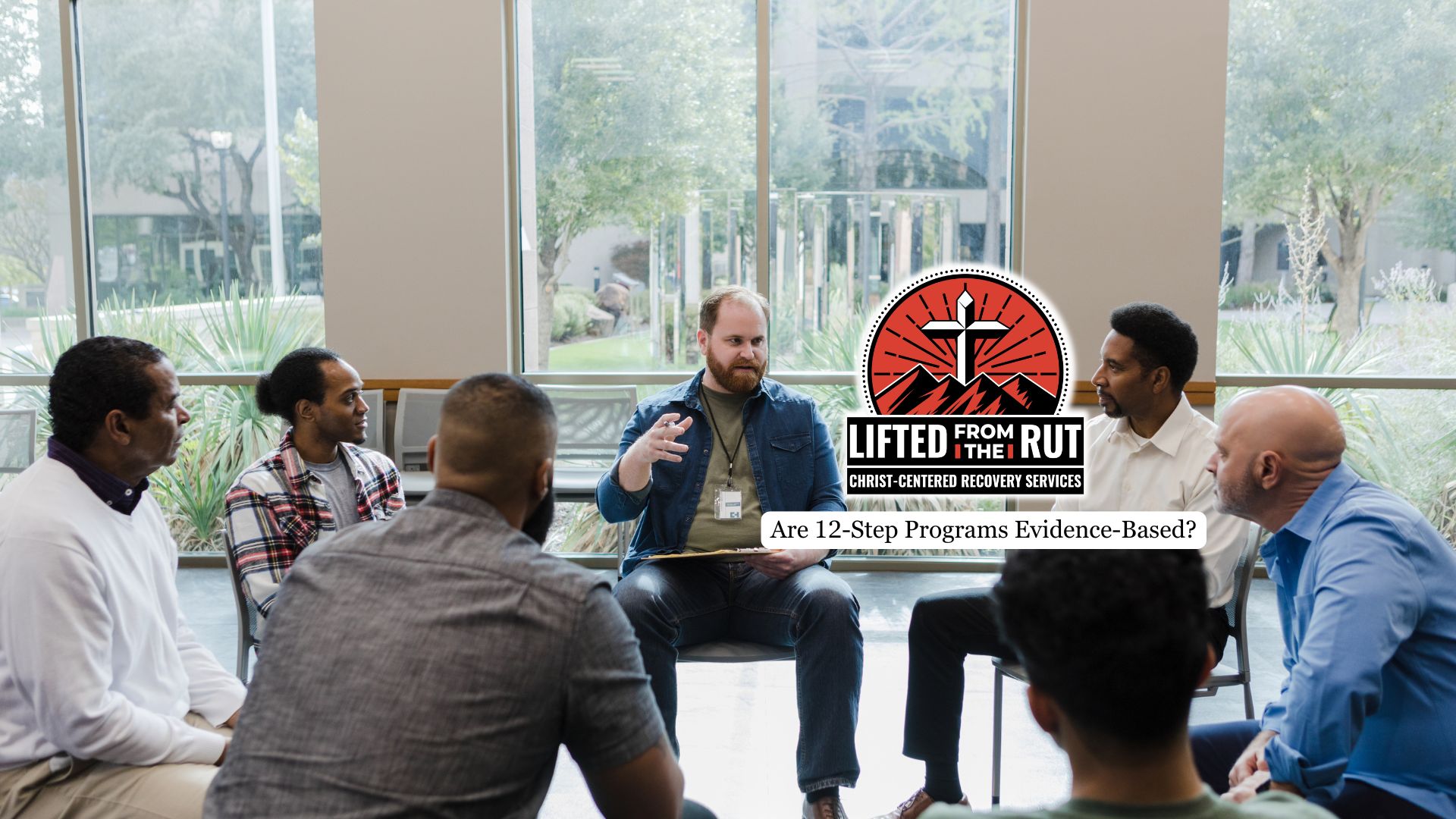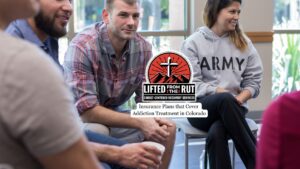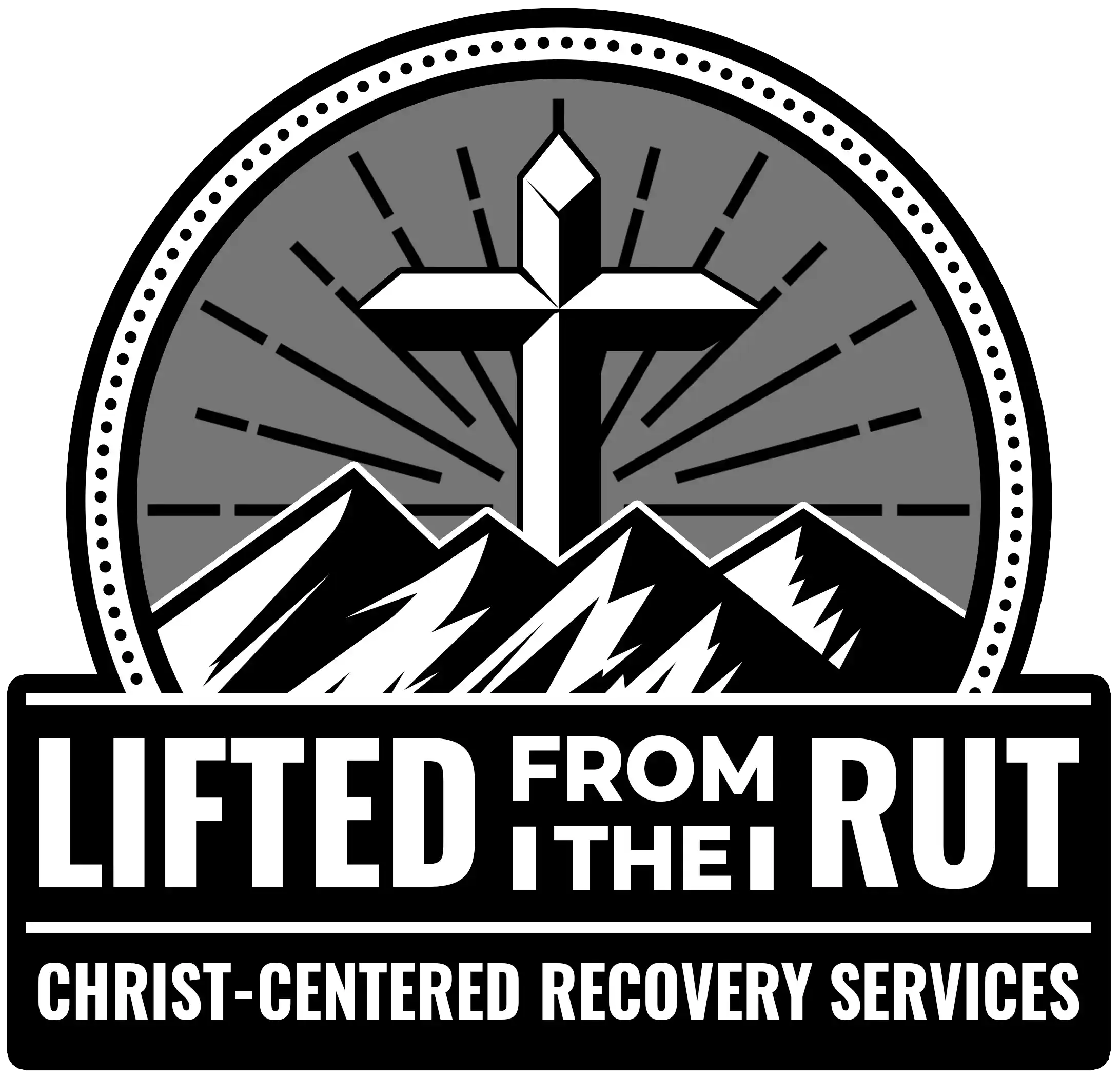12-Step programs are among the most widely recognized mutual support groups for addiction recovery. Despite their popularity, questions remain about whether these programs are truly evidence-based and how their effectiveness compares with other addiction treatment methods.
In this article, we will review what 12-Step programs entail, summarize key research findings on their effectiveness, discuss the challenges of evaluating these programs, and explore how they work and integrate with clinical treatment approaches.
What Are 12-Step Programs?
12-Step programs, such as Alcoholics Anonymous (AA) and Narcotics Anonymous (NA), originated nearly a century ago as peer-led mutual-help groups designed to support individuals recovering from substance use disorders.
These programs emphasize abstinence, spiritual growth, and personal accountability through a structured sequence of steps. Members often attend regular meetings, where they share their experiences, seek sponsorship from more experienced members, and follow a set of guiding principles focused on maintaining sobriety.
Unlike formal addiction treatment programs, 12-Step programs are community-based, voluntary, and free, offering widespread accessibility without the need for professional intervention.
Defining Evidence-Based Treatments
An evidence-based treatment is one that has demonstrated efficacy and effectiveness through rigorous scientific investigation, typically using randomized controlled trials (RCTs), meta-analyses, and systematic reviews. These treatments effect measurable improvements in substance use outcomes, health, and psychosocial functioning compared to control or alternative conditions.
For addiction treatment, evidence-based options include cognitive-behavioral therapy (CBT), motivational enhancement therapy, pharmacotherapies, and, as research increasingly shows, certain forms of 12-step facilitation (TSF). The gold standard is replicable research showing consistent benefits across diverse populations.
Research Evidence on 12-Step Programs
Several studies indicate that participation in 12-step groups leads to reductions in alcohol and drug use and promotes abstinence over time.
For example, research focusing on adolescents demonstrates that integrated 12-step facilitation programs that combine motivational and cognitive-behavioral elements can increase attendance and abstinence rates significantly. These studies report high treatment satisfaction and feasibility.
Research on adults also finds that regular 12-step attendance correlates with lower healthcare costs and improved long-term recovery outcomes. The community-based support and spiritual aspects appear to strengthen social bonds and coping strategies critical for sustained remission. However, some studies note variability in outcomes depending on individual factors and the presence of co-occurring mental health disorders.
While direct causal evidence from randomized trials exclusive to 12-step programs is limited, the facilitation of 12-step involvement (TSF) in clinical settings shows promising efficacy when integrated with evidence-based therapeutic approaches.
Mechanisms of 12-Step Programs
12-Step programs provide recovery through multiple mechanisms. The social support and community aspect foster a sense of belonging and decrease isolation, which are critical for recovery. The structured steps encourage self-examination, acceptance of addiction as a chronic disease, and personal responsibility for change.
Spiritual and existential elements may help individuals find meaning and resilience beyond substance use. Peer sponsorship and accountability reinforce sustained behavior change by providing continuous encouragement and guidance. Together, these components create a reinforcing cycle that supports individuals in maintaining long-term sobriety and managing relapse risk.

Clinical Recommendations and Integration with Treatment
Many addiction treatment centers incorporate 12-Step facilitation into comprehensive treatment plans to support diverse patient needs. Clinicians often recommend 12-Step participation alongside other evidence-based therapies, recognizing that recovery is not one-size-fits-all. Matching 12-Step programs with individual readiness and motivation helps maximize benefits.
Emphasizing ongoing relapse prevention, treatment providers encourage patients to engage in mutual-help groups as part of aftercare and long-term support. The synergy between formal treatment and community-based mutual support enhances the overall effectiveness of addiction treatment programs.
Innovations and Adaptations in 12-Step Facilitation
Recent developments include the creation of manualized twelve-step facilitation (TSF) treatments tailored to adolescents and special populations. These integrated approaches combine motivational interviewing, cognitive-behavioral strategies, and peer support to enhance engagement, especially for youth who may resist traditional 12-step methods.
Such innovations reflect an evidence-informed evolution, making 12-step more accessible, acceptable, and effective within diverse clinical contexts.
Current Research Trends and Future Directions
Recent studies continue to affirm the effectiveness of 12-Step programs across populations and substances, with research expanding into understanding the active ingredients that make these groups successful. Interest is growing in alternative mutual-help options for those who may not resonate with traditional 12-Step philosophies.
There is a call for better tools to measure engagement and outcomes, as well as for longitudinal research tracking long-term success. Efforts also focus on reducing stigma and improving access to ensure that more individuals benefit from these support networks, while maintaining scientific rigor in evaluating their impact.
Final Thoughts from LFTR Christ-Centered Rehab Services
12-Step programs have substantial supportive evidence indicating their effectiveness in promoting abstinence and reducing substance use over the long term. When integrated with professional care and tailored to an individual’s needs, 12-Step programs offer a meaningful pathway to recovery and lasting sobriety.
At LFTR Christ-Centered Rehab Services, we offer comprehensive, faith-based addiction treatment in Littleton, CO to help individuals restore their graceful sober lives. Our services include pre-intervention planning with family and friends, personalized treatment strategies, structured family coaching, and ongoing recovery support through post-treatment coaching and aftercare.






